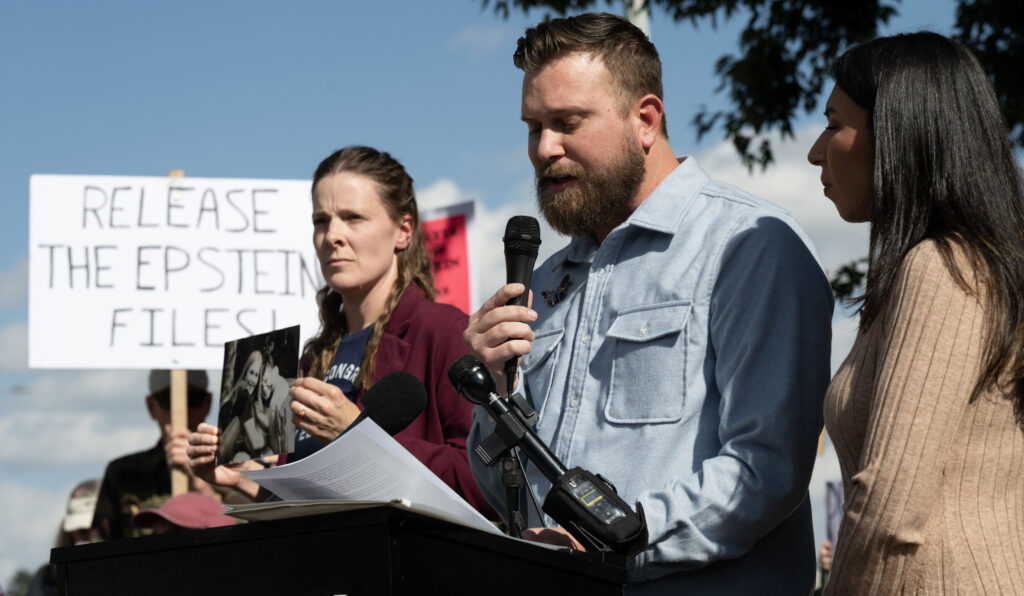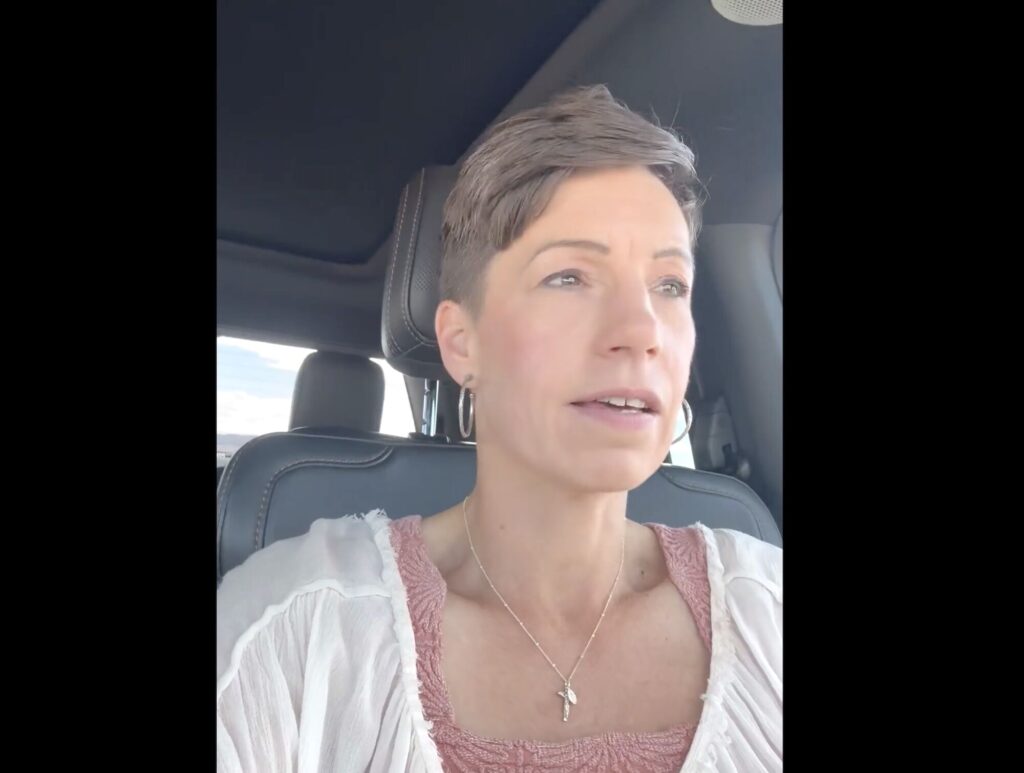Colorado lawmakers’ second attempt to override Gov. Jared Polis’ veto fails
The state Senate on Friday dismissed an effort to override Gov. Jared Polis’ veto of a bill that sought to make major changes to the state’s open records law.
The override vote was laid over to Friday, May 9, in effect killing the veto override since that’s after the end of the legislative session.
Polis vetoed SB 77 on April 17. The sponsors, Sens. Cathy Kipp, D-Fort Collins and Janice Rich, R-Grand Junction, immediately sought the override, but it languished on the calendar for more than two weeks, lacking the 24 votes it would need to overrule the governor.
SB 77 secured 45 votes to pass in the House, one more than the minimum two-thirds needed for an override in that chamber. In the Senate, the bill won 27 votes, three more than the minimum.
That SB 77 never made it to an override vote was not unexpected. The two-week delay indicated the votes for a override just weren’t there.
In a statement Friday, the sponsors, which also included Reps. Matt Soper, R-Delta and Michael Carter, D-Aurora, said they “deeply value government transparency and remain committed to protecting the public’s right to access public records in a timely and fair manner.”
The sponsors believed the bill was reasonable to both those who seek open records and those who respond to them.
“We also acknowledge the concerns raised by the Governor, the press, and a coalition of groups who want to ensure their access to public records is not compromised,” the sponsors said.
The sponsors said they had received a commitment from the governor, the Independence Institute and the coalition of advocates “to add them to our broad coalition of stakeholders to continue conversations on this topic with a goal of finding solutions that are both transparent and fair to everyone.”
SB 77 would have created three classes of open records requestors: journalists, who would still have their queries honored under existing law, those who seek open records for commercial purposes, and everyone else.
The requirements under those two latter categories would have meant extra cost and extra time.
Backers pointed to the onslaught of open records requests made by the public, far outnumbering what journalists request. Local governments complained the heavy demand puts strains on staff who attempt to meet those requests.
But the bill was criticized by governmental transparency advocates, including journalists, who pointed out state and local agencies would have the right to determine who was a journalist. They also raised arguments about the extension of time for fulfilling a request and the increase in fees tied to multiple requests for records from the same requestor.
“We always let it be known we were not in favor in extending the response deadlines in CORA, as well as raising fees, which raised obstacles to records requestors,” said Jeff Roberts, executive director of the Colorado Freedom of Information Coalition.
“While we are disappointed that we are not moving forward with timely CORA reform — that benefits both the public and record custodians — we believe that even more meaningful progress can be reached by allowing for the conversation to be reset and affording a renewed opportunity for all stakeholders to engage,” the sponsors said.
It’s the second time an attempt to override a gubernatorial veto has failed in the past week.
Last Friday, Senate sponsors of Senate Bill 86, which would have imposed restrictions on social media platforms around criminal activity, sought and quickly obtained an override of the governor’s veto from the previous day.
The House waited until Monday to take up that override, which likely gave the governor the weekend to find enough vote to reject the override.
On Monday, the House sponsors asked that it be laid over until after the end of the session, an acknowledgement they didn’t have the votes, despite the bill winning 46 votes on its initial passage in the House in March.
While the veto on SB 77 is a rejection on efforts to limit governmental transparency, two other bills in the past two sessions have carved out exceptions to the state’s sunshine laws and, according to opponents of those measures, weakened governmental transparency.
Senate Bill 157, from the 2024 session, carved out an exception to the state’s open meetings law for the General Assembly, a tactic lawmakers used just months later, when they refused access to reporters during caucus discussions of an upcoming special session of the legislature on property taxes.
This year, the governor signed into law House Bill 1041, which carves out exceptions to the open records act tied to contracts student athletics sign with publicly-funded colleges and universities for their use of an athlete’s name, image and likeness.
The University of Colorado said this was necessary to protect competitiveness.
Of the bill, an attorney for Colorado Freedom of Information Coalition noted a study that said: “Concealing NIL records from the public disserves the interests of every stakeholder — the public, the athletes, and college sports itself — in making sure that competition is fair, honest, and passes the test of legitimacy and that athletes have equitable earning opportunities befitting their level of accomplishment.”











